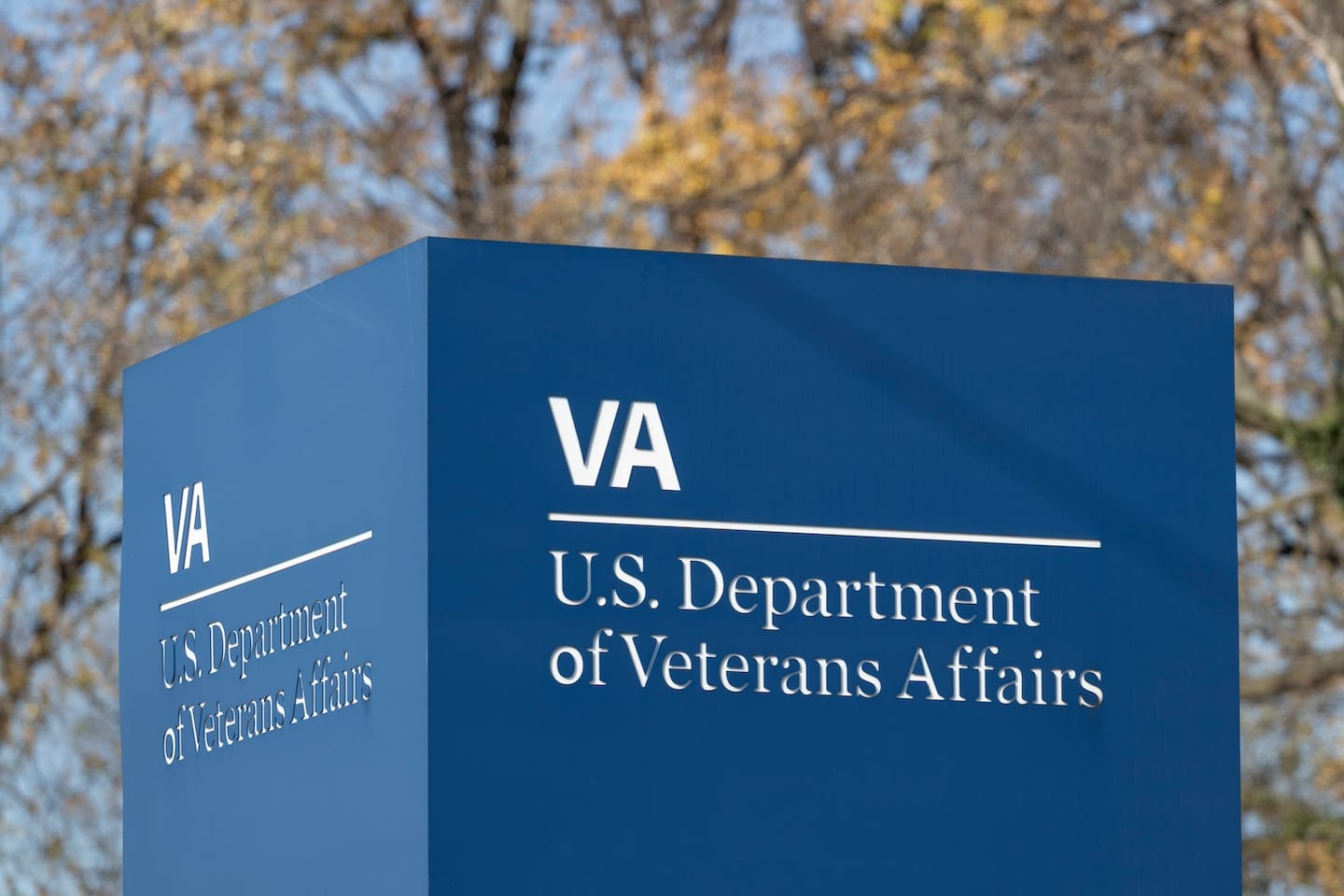When someone with an addiction has a loved one’s support, that can make all the difference in the world when deciding whether to undergo treatment and begin the recovery journey. However, it is impossible to truly help someone struggling with addiction without understanding its complexities.
In fact, this is the first step in helping a loved one overcome addiction. Once you understand how addiction works, what to look for, and how to respond, you can support your loved one’s recovery process every step of the way.
Understanding Addiction
The first thing to understand about addiction is what it’s not. Addiction should not be dismissed as merely a lack of willpower. When we watch the addiction’s effects turn the lives of those we love upside down, it’s easy to become frustrated and even hopeless about the potential for change. However, it’s vital to remember what is happening in the body during addiction.
Addiction is a brain disease that changes the body’s systems and functions. Addiction can come in various forms, such as alcohol use disorder (AUD), opioid use disorder (OUD), stimulant drugs, and many more. While each of these substances interacts differently with the body, they all change the brain and central nervous system. This system communicates with the rest of the body—everything from emotions to the digestive system and sleep patterns.
When various substances suppress or stimulate the central nervous system, it does much more than produce feelings of euphoria. Over time, it rewires the brain, causing significant changes to occur in the body. What’s worse, when people with addictions try to quit on their own or change how much they use, their bodies can go through severe withdrawal symptoms. Some symptoms are more severe than others, but some situations can become life-threatening.
Recognizing Signs of Addiction
This keeps those we love stuck in an endless cycle of addiction, all while their body continues to experience the physical, mental, and emotional outcomes of a diseased brain. When we can take a step back and consider addiction in this way, it can afford us the much-needed compassion and sympathy to look past frustrations or feelings of hopelessness, responding instead with the right mindset to help.
However, one problem that comes with wanting to help someone who may have an addiction is the subtle nature of their condition. It is not always clear whether someone has a substance use disorder (SUD). While in many cases, being close to someone we love will inevitably result in becoming aware of an addiction, that isn’t always the case. A direct approach is not always helpful, especially if warning signs aren’t considered. However, it’s crucial to be observant and look for warning signs that might show themselves.
Some of these symptoms or warning signs might include changes in behavior, such as abnormal restlessness or agitation. If a loved one is typically an outgoing and socially engaging person who suddenly withdraws or isolates from others, you should take notice. If a loved one is using illicit substances, which can be very expensive, we might notice a sudden pattern of financial trouble that worsens over time.
Approaching a Loved One With Care About Their Substance Use
The earlier warning signs should not be considered evidence before talking to someone we love. However, it is wise to consider those signs before approaching someone to start a conversation. Choosing the right time and place is essential, ensuring they’re comfortable and more receptive. Avoiding blame and judgment is one way to make the environment comfortable so that the person can be open to talking with you.
Remember, understanding addiction as a brain disease should help us maintain compassion and care, not blame and anger. A loved one who senses this genuine compassion and understanding will be much more receptive and willing to act when they know they have your full support.
Finding the Right Treatment
If your friend or family member responded positively to your conversation and is willing to consider drug and alcohol treatment, you can help them in another important way. This concerns understanding the basics of various treatment programs. Of course, you don’t have to know all the specifics, but the more you know, the better you can help if the person says, “I don’t know what kind of treatment I need. What do you think I should do?”
Inpatient vs. Outpatient Programs
Choosing between inpatient and outpatient doesn’t determine which is better. Rather, it comes down to the care each setting offers. There are financial considerations, logistics such as location and time, and even the categories each treatment facility may specialize in.
Overview of Inpatient Programs
Inpatient programs, or residential treatment, offer 24/7 care with medical professionals. This includes room and board and might occur at a facility down the road or thousands of miles away. That depends on whether treatment at home or abroad makes more sense for a loved one. Not every treatment facility offers inpatient programs, and this point is worth considering if someone needs a medically supervised detox.
The time frames for residential treatment can vary based on the severity of addiction and the progress each patient makes. Some facilities offer 30 or 60-day residential programs, though the timeframe can vary before patients transition to an outpatient program.
Overview of Outpatient Programs
Outpatient programs allow for more flexibility than residential treatment. They typically require a certain number of hours each week that can work around the patient’s work schedule and other responsibilities. While outpatient programs may sound like an individualistic approach, it is important not to promote the community and support from offerings like group and individual therapy, typically offered in inpatient and outpatient programs. Those who complete a residential program will transition to an outpatient program, often with the same facility.
You don’t need to have an exhaustive understanding of treatment programs. However, knowing some of the features and benefits of these programs can help your loved one in the right direction. In either case, a reputable facility will help your friend or family member create a customizable treatment plan that addresses their needs. While certain aspects of addiction treatment apply to every patient, there is no one-size-fits-all approach.
Offering Ongoing Support to a Loved One
As a crucial part of your loved one’s support system, remember that your work is not done when they begin treatment. In fact, in some ways, this is where your support efforts are more important than ever. Of course, the facility’s medical and addiction care professionals should handle medical advice. However, you can still contact your loved one once professional treatment begins, even in an outpatient program.
Ongoing support includes helping a loved one regain and build trust with others, staying accountable by upholding healthy boundaries and coping strategies, and keeping open communication with others who are also coming alongside a loved one for support.
Helping a loved one with addiction is a marathon, not a sprint. Equip yourself with knowledge, empathy, and patience, and remember that every step forward, no matter how small, is a victory. If you have any questions – please reach out to our professionals at Otter House Wellness. We are here to help each step of the way.
Sources
National Institute of Health. (2013 July 27). The Impact of Substance Use Disorders on Families and Children: From Theory to Practice. Retrieved https://www.ncbi.nlm.nih.gov/pmc/articles/PMC3725219/
National Institute of Health. (2020 July). Drug, Brains, and Behavior: The Science of Addiction. Drugs and the Brain. Retrieved https://nida.nih.gov/publications/drugs-brains-behavior-science-addiction/drugs-brain
American Psychiatric Association. (2020 December). What is a Substance Use Disorder? Retrieved https://www.psychiatry.org/patients-families/addiction-substance-use-disorders/what-is-a-substance-use-disorder
National Institute on Drug Abuse. (2020 July) Treatment and Recovery. Retrieved https://nida.nih.gov/publications/drugs-brains-behavior-science-addiction/treatment-recovery
National Institute of Health. (2020). Substance Use Disorder Treatment and Family Therapy: Family Counseling Approaches. Retrieved https://www.ncbi.nlm.nih.gov/books/NBK571088/
National Institute of Health. (1985 July 20). Aftercare in Drug Abuse Treatment. Retrieved https://pubmed.ncbi.nlm.nih.gov/3000958/
Recommended Blogs


Does the VA Help With Drug Addiction?
Veterans often face barriers when returning to civilian life and may turn to substances to…

Mental Health Awareness Month: Practical Tips for Balancing Mental Health
National Mental Health Awareness Month is here — the time of year when we check…

7 Surprising Facts for National Drug and Alcohol Facts Week
Every year, National Drug and Alcohol Facts Week (NDAFW) aims to shatter the myths, misinformation,…







